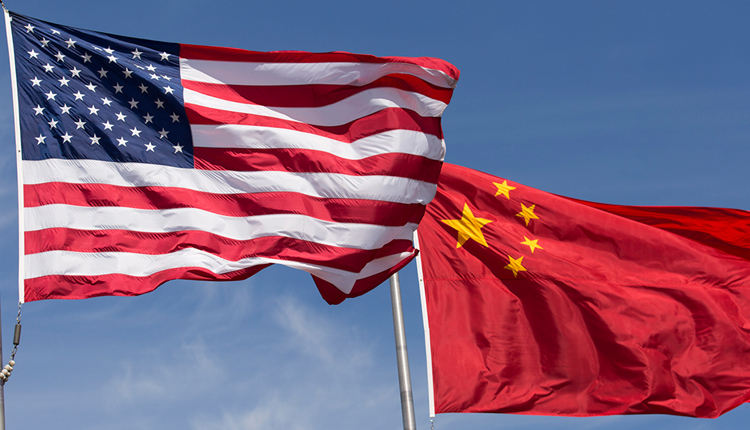China’s foreign ministry pushed back against U.S. President Donald Trump’s latest tariff threat on Friday. The ministry reportedly said the world’s largest economy should give up its illusions, shoulder some responsibility and come back to the right track on resolving the trade war.
Spokesperson at China’s foreign ministry, Hua Chunying, said at a daily press briefing that his country would have to take countermeasures if the U.S. was committed to putting more tariffs on Chinese goods, Reuters reported.
Chunying added that while China did not want a trade war with the U.S., it was not afraid of fighting one.
In a series of tweets on Thursday, Trump announced a new round of tariffs on the roughly $300 billion of Chinese goods that had not already been targeted by American levies. The charge will take effect from September 1.
The move breaks a truce in the long-running trade war between Washington and Beijing, with investors fearful it could further disrupt global supply chains.
The tariff threat also came as a surprise to financial markets, in large part because negotiators for the two sides had just met earlier this week in China.
The Dow Jones Industrial Average closed 280.85 points lower at 26,583.42 on Thursday, after rallying as much as 311 points earlier in the day.
Psychological shift
This means that all Chinese goods entering the U.S. will be subject to some sort of duties. While the actual price tag of the latest action is technically just $30 billion, or about 0.14 percent of GDP (gross domestic product), there may be a significant psychological shift for the global economy as many wonder whether trade war will long remain the status quo.
In what appeared to be the first Chinese response to the news, senior diplomat Wang Yi said the new tariffs were definitely not the correct or constructive method for resolving the bilateral trade frictions, a Chinese TV station reported, according to Reuters.
U.S.-China trade war developments have roiled markets for more than a year, and there have been signs the rafts of additional tariffs from both sides are having real effects on economies around the world.
In fact, it’s not just the Chinese and American sides seeing the impact: Shifting trade volumes have been attributed to strength in countries such as Vietnam, and weakness in the likes of Singapore.
Source: CNBC


